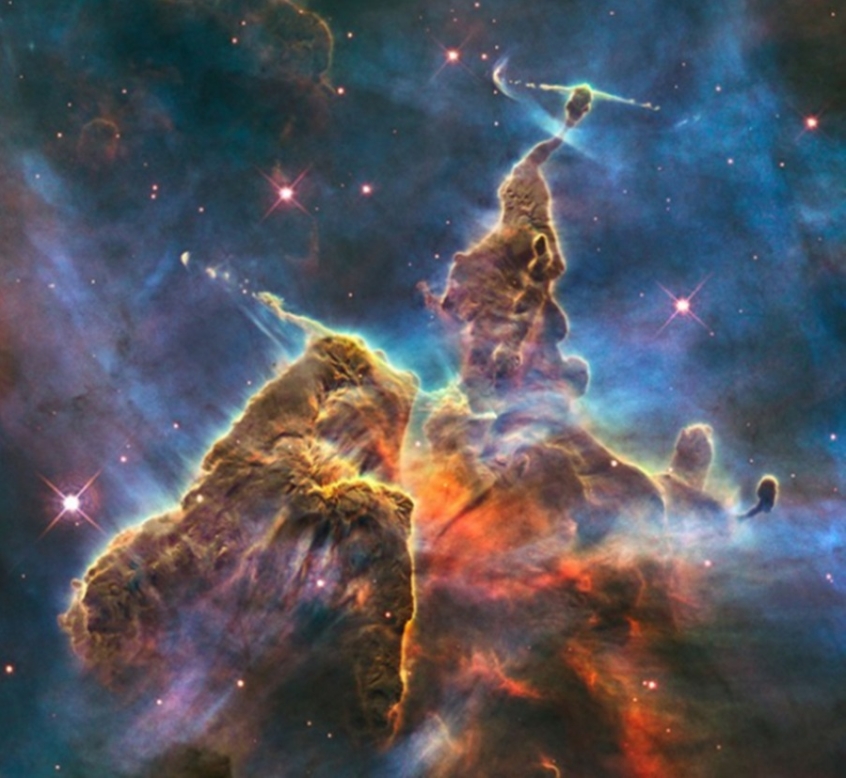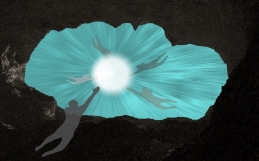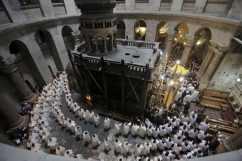
Are all scientists atheists and does science oppose faith?
The answer to these two interlinked questions is a resounding "no" as far as a group of high-powered professors and scientists from the Massachusetts Institute of Technology (MIT) and Harvard University is concerned, according to God Reports.
Four professors—Rosalind Picard and Ian Hutchinson from MIT and Tyler VanderWeele and Nancy E. Hill from Harvard—recently spoke at a forum to debunk the notion that there is a conflict between science and faith. All of them profess to be firm believers in God, saying they are able to integrate their faith and their research seamlessly.
"People who think they can't deal with faith are really just deceiving themselves," said Picard. "All people in science are accepting something on faith. The question is what are evidence for that, and do you accept the kinds of evidence that is not scientific?"
Hutchinson pointed out that many famous scientists in history were in fact Christian believers. "If you think about James Clerk Maxwell or Michael Faraday or (Arthur) Eddington or (Robert) Boyle or Newton and so on and so forth, these were people who were not atheists. They were deeply believing Christians," he said.
"It's a fallacy, it's a myth that science and religious understanding of the world have always been at war," Hutchinson added.
For his part, VanderWeele said he sees "the relationship between science and the Christian faith as not one of antagonism but one of mutual contribution."
"Science has given us tremendous insight into our world and how it works. It's made clear the incredible order that's manifest in Creation. It's given us a better understanding of God's work in the world," said the Harvard professor who rocked the secular world when he released a study in May 2016 showing that churchgoers live longer than people who don't go to church.
VanderWeele said science has given mankind "considerable insight into the world and how it works," adding that "the order in math is quite astounding."
"For me it points to the beauty of God's creation. It points to, as far as I can see, some Designer," he said. "Why do we find the complexity in all forms of life? It's very difficult for me to look at our world and the discoveries in science and not to see a Designer behind it."
Hill, a fellow Harvard professor of education, said she was studying the issue of culture and race when God seemed to have whispered in her ears these words: "I'm bigger than your African-American-ness. I'm bigger than your racial background. In fact, I created racial and ethnic identities and different cultures. I created it and you're studying it. Let me show it to you."




















